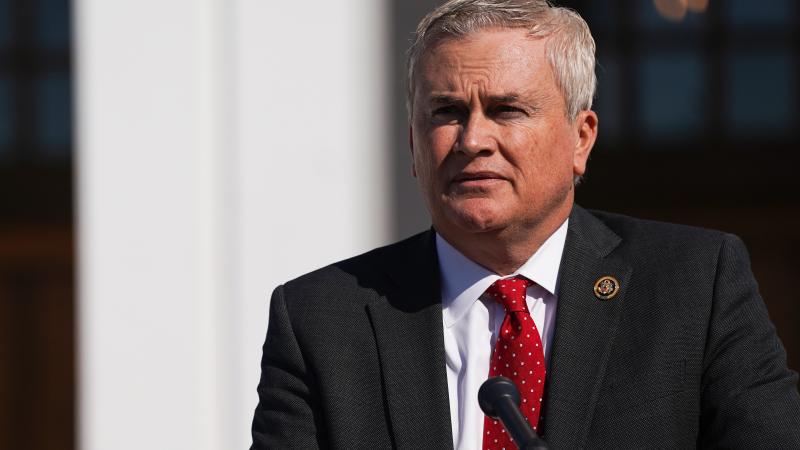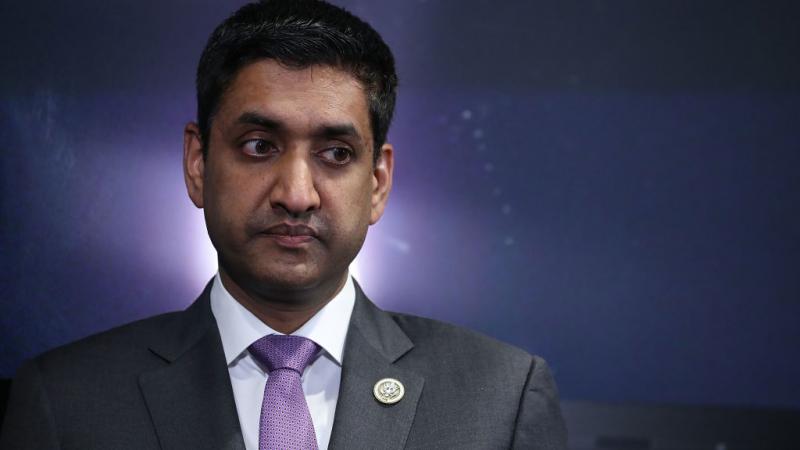Feds spent $247 billion more in 9 months of fiscal year than same period of 2024, Treasury says
Spending our way into a deeper hole: The deficit has reached $1.3 trillion so far into the government's current fiscal year, which began in October 2024.
Official reports say that federal spending in the first 9 months of the 2025 fiscal year is $247 billion higher than the same time period in the 2024 fiscal year. The deficit has reached $1.3 trillion so far into the government's 2025 fiscal year, which began in October 2024, according to the latest data from the U.S. Department of the Treasury. The $1.3 trillion figure is current as of June 30.
There are still 3 months remaining in the current fiscal year.
The 12-month rolling deficit from July 2024 to June 2025 is $1.9 trillion, according to the Committee for a Responsible Federal Budget's (CRFB) review of Congressional Budget Office and Treasury Department data.
Spending is up $142 billion in the first half of the 2025 calendar year compared to the first half of 2024.
The CRFB said the Treasury data showing an increase in federal spending in the first half of the calendar year demonstrates that the U.S. is on an "unsustainable trajectory."
Economists say U.S. faces a dangerous path
"Despite the focus on cost-cutting in Washington, we’re still seeing an annual rise in spending – largely due to the automatic growth of programs like Social Security and Medicare," Maya MacGuineas, president of the Committee for a Responsible Federal Budget wrote.
"Lawmakers should commit to fixing the root causes of our unsustainable trajectory, rather than racking up debt we can’t sustain. It is time for both sides of the aisle to come together and have a candid discussion about fixing our nation’s finances," she added.
Garrett Watson, director of Policy Analysis at the Tax Foundation, reacted to the latest data, saying the U.S. is on a dangerous path. The Tax Foundation describes itself as "the world's leading nonpartisan tax policy 501(c)(3) nonprofit."
The Big Beautiful Bill will only fuel the growing deficit, experts say
He said the GOP's "One Big Beautiful Bill" that President Trump signed into law won't reverse the fiscal trajectory the U.S. is on right now. Watson noted that the Department of Government Efficiency's findings have not been codified into law.
"In fact, the OBBBA’s passage means the ten-year deficit will increase by over $3 trillion, adding to our structural deficits over that period," Watson told Just the News.
"Republicans in Congress claim they will revisit additional spending changes as part of a future reconciliation package, but it’s clear that the public should remain skeptical that this will happen until we see the legislation passed into law," he added.
The effect on the deficit raised the ire of many otherwise stalwart supporters of President Trump, most notably, Elon Musk, who publicly criticized the legislation over the last several weeks. The billionaire blasted the bill in early June, CBS News reported, calling it a "disgusting abomination."
Congress is currently working through the fiscal year 2026 appropriations process. A budget has not yet been passed.














